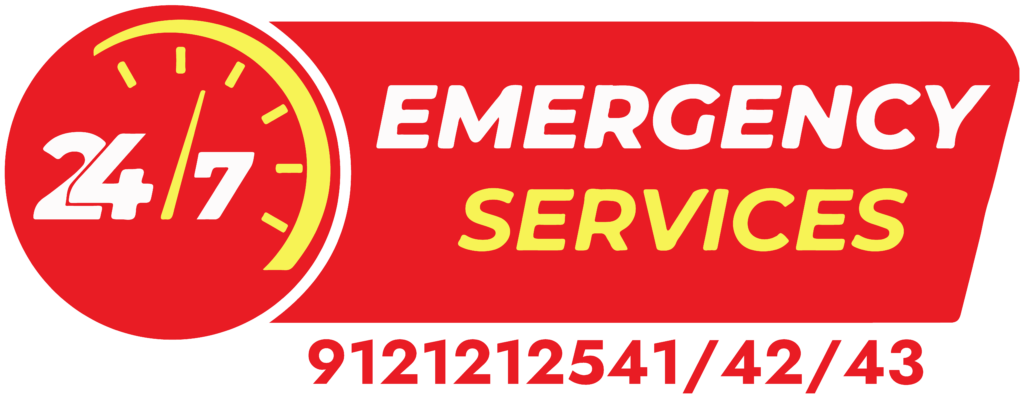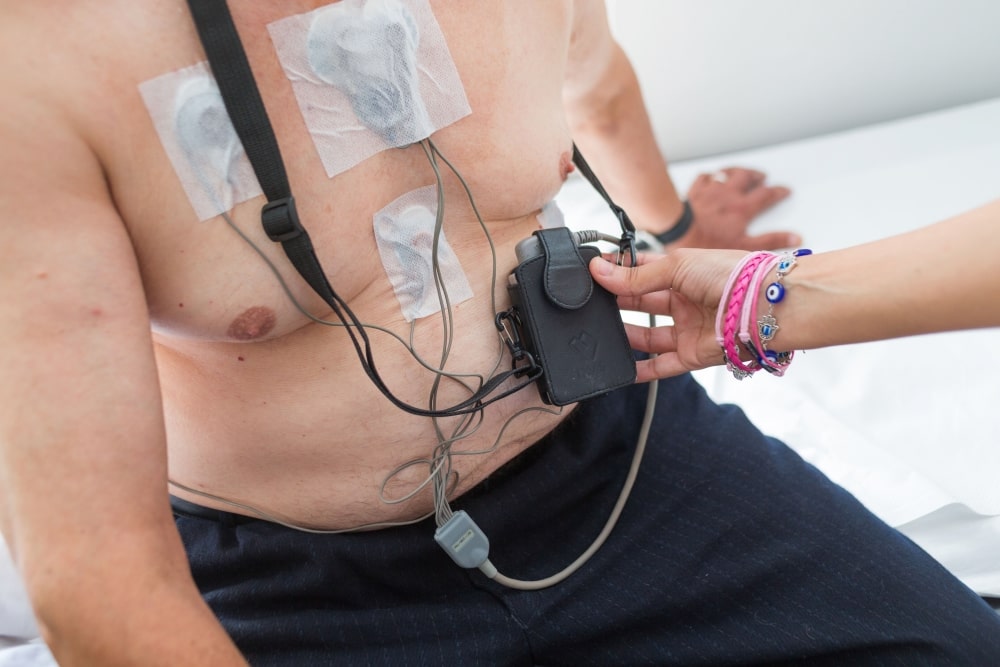Cardiac arrhythmia detection and management have seen remarkable transformation over the past decade. Once heavily reliant on symptoms and standard ECGs, today’s methods combine AI, wearable devices, and minimally invasive treatments to improve accuracy, speed, and outcomes.
At River NIMS Hospitals, we embrace innovation to offer patients safer, faster, and more effective solutions for heart rhythm disorders. Whether it’s atrial fibrillation, bradycardia, or ventricular tachycardia, modern advancements are reshaping how arrhythmias are diagnosed and treated.
🔍 What Are Cardiac Arrhythmias?
Cardiac arrhythmias are abnormal heart rhythms caused by electrical disturbances in the heart. These irregularities can lead to symptoms like palpitations, dizziness, fainting, chest pain, or even cardiac arrest if left untreated.
Common Types of Arrhythmias:
- Atrial Fibrillation (AFib) – irregular upper chamber rhythm
- Bradycardia – abnormally slow heartbeat
- Tachycardia – abnormally fast heartbeat
- Ventricular Fibrillation – chaotic lower chamber activity
- Premature Heartbeats – early contractions causing pauses
Although some arrhythmias are harmless, others require urgent medical attention and continuous monitoring.
📈 The Need for Better Detection
Traditional methods of detecting arrhythmias—like resting ECG or Holter monitors—often fail to catch intermittent episodes. For many patients, symptoms come and go unpredictably, making diagnosis challenging.
To address this gap, new technology has made arrhythmia detection more precise, continuous, and accessible than ever before.
🛠️ Latest Innovations in Arrhythmia Detection
1. Wearable ECG and Heart Monitoring Devices
Devices like smartwatches (Apple Watch, Fitbit, Withings) and chest straps now offer real-time ECG monitoring and arrhythmia alerts. These tools are especially helpful for detecting AFib or paroxysmal tachycardia.
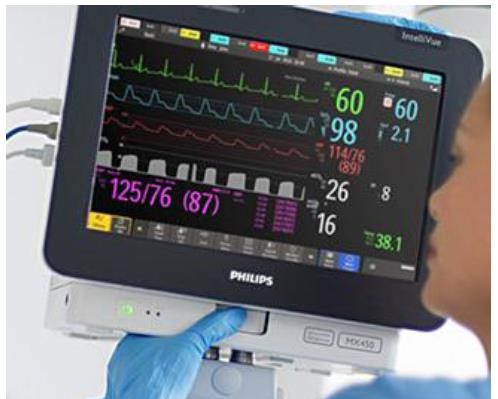
- Continuous data tracking
- Easy to use at home
- Detect silent arrhythmias early
- Sync with hospital systems
River NIMS patients benefit from integration with wearable device data, enhancing diagnostic speed and accuracy.
2. AI and Machine Learning Algorithms
Artificial Intelligence is revolutionizing how we analyze heart data. Algorithms can now review ECG results and flag abnormal patterns faster than a human eye.
Benefits include:
- Faster diagnosis of subtle or complex arrhythmias
- Reduced human error
- Automated classification of arrhythmia types
- Early prediction based on risk scoring
River NIMS uses AI-assisted ECG interpretation in our cardiology department, especially in emergency and high-risk cases.
3. Mobile Cardiac Telemetry (MCT)
Unlike traditional Holter monitors that record for 24–48 hours, MCT systems provide real-time, 24/7 ECG streaming for up to 30 days.
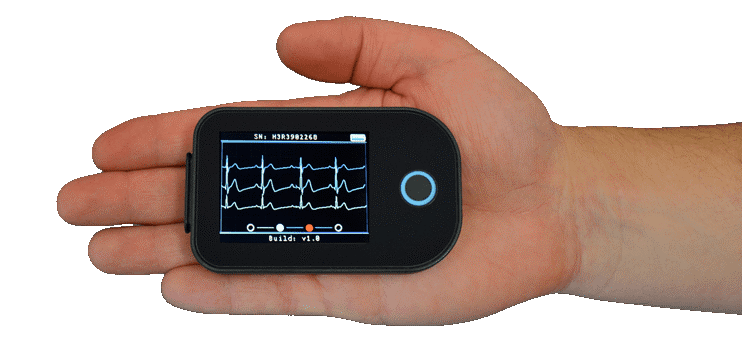
- Detects infrequent arrhythmias missed by short-term ECG
- Transmits data to cardiologists instantly
- Alerts patients during serious events
- Increases diagnostic yield dramatically
This tool is crucial for patients with fainting episodes, post-stroke, or suspected AFib.
🏥 Advances in Arrhythmia Management at River NIMS
Once diagnosed, arrhythmias require effective, personalized treatment plans. Here’s how River NIMS manages arrhythmias using cutting-edge therapies.
⚡ 1. Catheter Ablation Techniques
Catheter ablation involves guiding a thin catheter to the area of the heart causing abnormal signals. Using heat (radiofrequency) or cold (cryoablation), the tissue is modified to restore normal rhythm.
- Minimally invasive
- High success rate
- Reduces dependence on lifelong medication
- Quick recovery
We use 3D electroanatomic mapping systems to increase precision during ablation procedures.
🔋 2. Smart Pacemakers & Defibrillators
For patients with bradycardia or dangerous ventricular rhythms, we offer the latest implanted pacemakers and ICDs (Implantable Cardioverter Defibrillators).
Modern devices come with:
- Remote monitoring capabilities
- MRI compatibility
- Longer battery life
- Smaller size and wireless programming
These devices are regularly reviewed at our Pacemaker Clinic to ensure optimal function.
💊 3. Advanced Medication Protocols
While devices and procedures are effective, some arrhythmias respond well to antiarrhythmic medications or blood thinners to prevent stroke in AFib cases.
Our cardiologists tailor prescriptions based on:
- Type and frequency of arrhythmia
- Underlying health conditions
- Drug tolerance and interaction risks
We emphasize personalized medicine over a one-size-fits-all approach.
👩⚕️ 4. Holistic Management & Lifestyle Counseling
Arrhythmia control isn’t just medical—it’s also behavioral. At River NIMS, our cardiac rehab team includes:
- Nutritionists for heart-friendly diets
- Stress management experts
- Sleep apnea screenings (linked with AFib)
- Physical activity recommendations
- Smoking and alcohol cessation programs

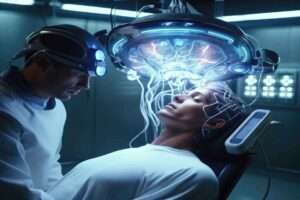

Together, these strategies improve outcomes and reduce recurrence.
🧠 Patient Story: Mr. Naresh’s Recovery from AFib
Mr. Naresh, a 60-year-old businessman, experienced recurring fatigue and breathlessness. Traditional ECGs were normal, but his wearable smartwatch detected frequent episodes of irregular heartbeats.
At River NIMS, he underwent mobile telemetry, confirming paroxysmal atrial fibrillation. With AI-assisted diagnosis and catheter ablation, his arrhythmia was successfully managed. Today, he leads a symptom-free life and visits for periodic check-ups.
🚨 When Should You Seek Help for Arrhythmia?
Don’t ignore signs like:
- Heart racing or fluttering
- Dizziness or blackouts
- Shortness of breath
- Chest discomfort
- Fatigue without exertion
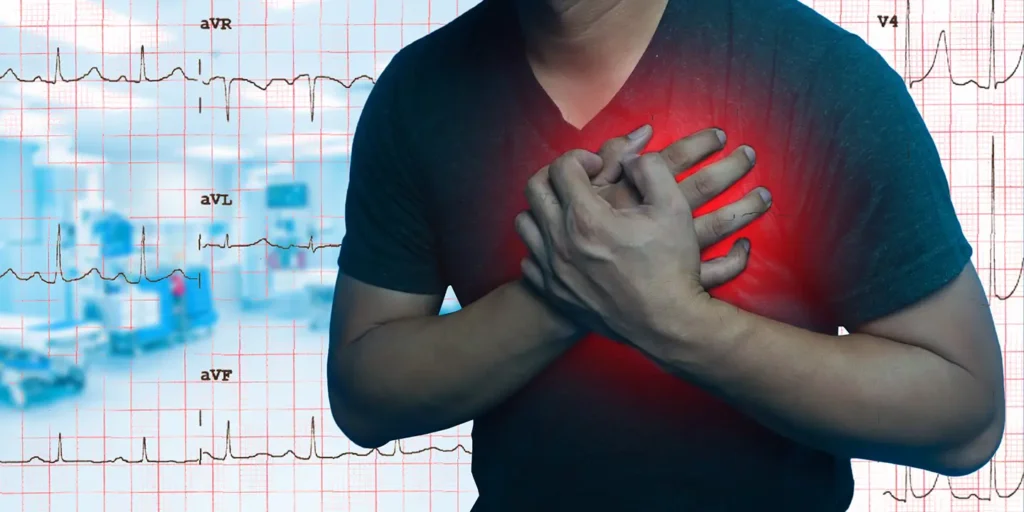

Even if these symptoms are occasional, early detection makes a world of difference. At River NIMS, you can get a complete cardiac rhythm evaluation within a single visit.
💡 The Future of Cardiac Arrhythmia Detection and Management
The future is exciting. We’re seeing the rise of:
- AI-powered predictive tools
- Fully wearable patch ECGs
- Wireless, leadless pacemakers
- Personalized digital health dashboards
- Telecardiology follow-ups
At River NIMS Hospitals, we’re ready to bring these innovations to your bedside—today and tomorrow.
🩺 Final Thoughts: A New Era in Arrhythmia Care
Cardiac arrhythmia detection and management are no longer reactive—they’re proactive, predictive, and patient-centric. Thanks to advancements in AI, wearable technology, and interventional cardiology, patients can now lead healthier lives with fewer complications.
At River NIMS Hospitals, our comprehensive approach blends expertise, innovation, and empathy. Whether it’s a simple irregular heartbeat or a life-threatening rhythm disorder, we have the tools and team to help you every beat of the way.


